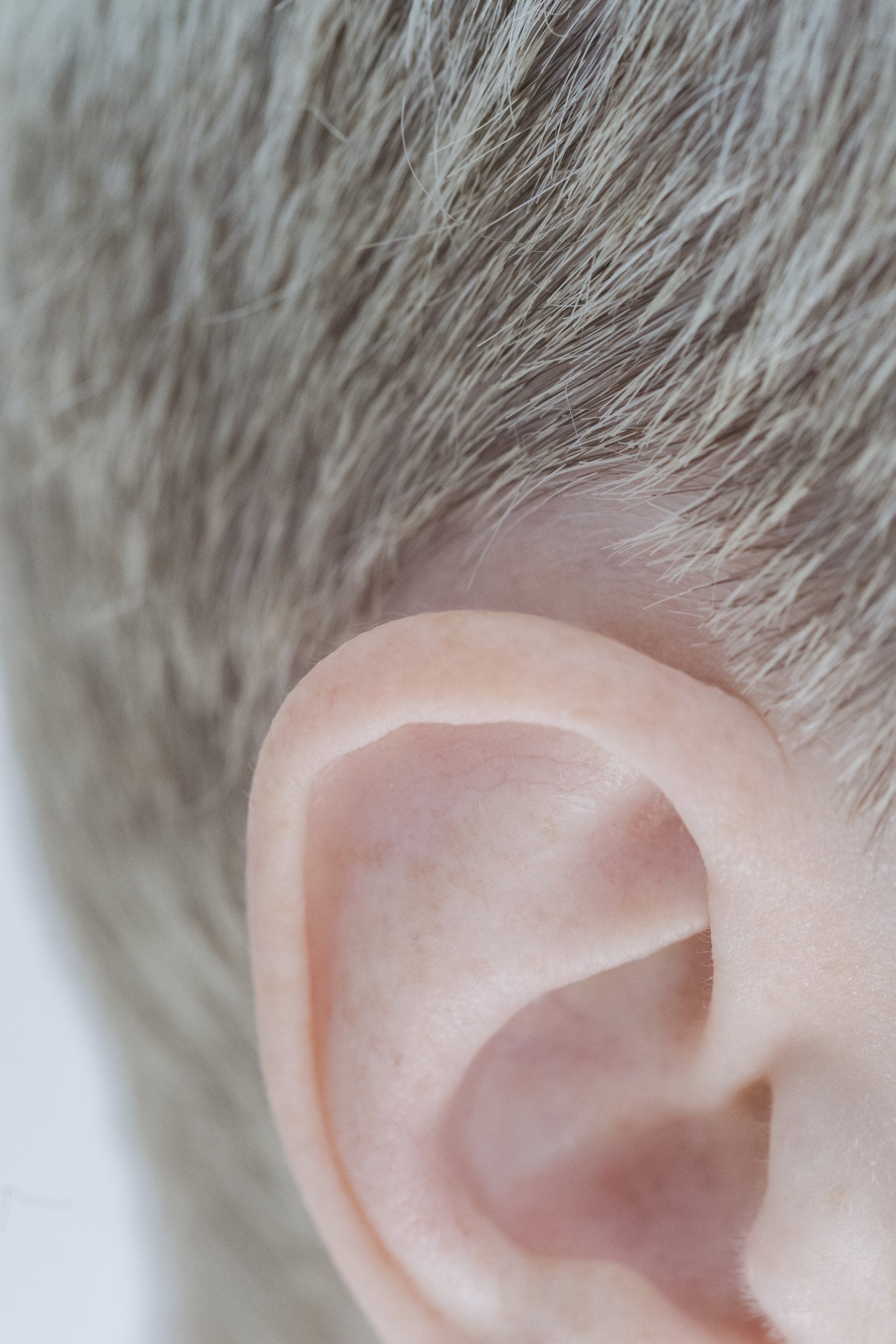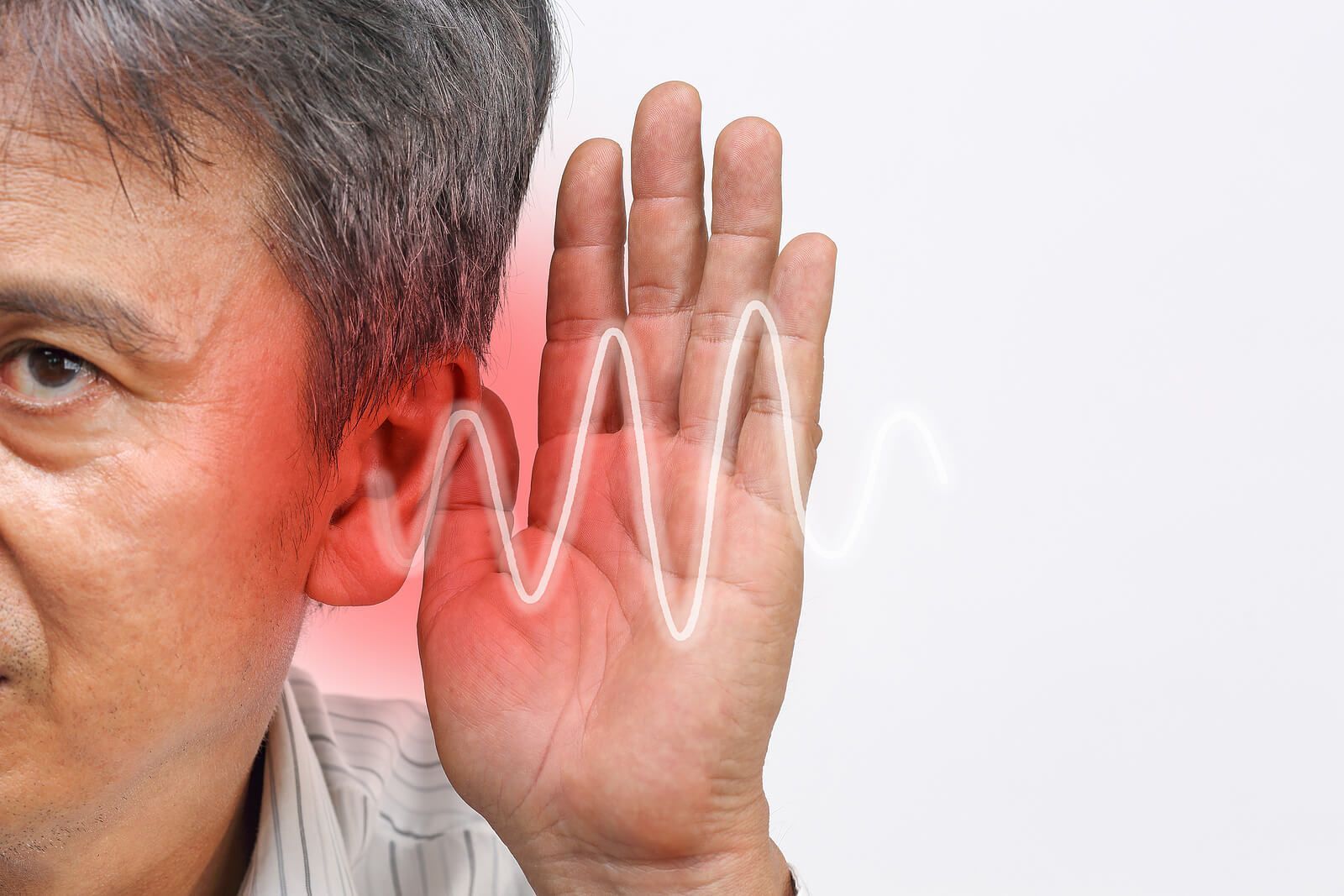Tinnitus Overview
What is Tinnitus
Tinnitus is the perception of sound when no external noise is present. While it is often described as a ringing noise, it can also sound like a clicking, hiss, or roaring. It can be intermittent or continuous and can vary in loudness. The condition can affect one ear or both and is most commonly caused by exposure to loud noise. Although tinnitus is often associated with hearing loss, it does not cause the condition. However, being exposed to loud noise on a regular basis can lead to hearing loss and tinnitus. In addition to harmful sound levels, other causes include earwax buildup, Meniere's disease, head or neck injuries, and certain medications. There is no cure for tinnitus, but there are treatments that can help alleviate the symptoms. If you think you may be experiencing tinnitus, it is important to make an appointment to come see us at one of our two locations so our experienced staff can rule out any other potential underlying causes and develop a treatment plan that is right for you.
Symptoms of Tinnitus
Tinnitus is often described as a ringing in the ears, but it can also sound like hissing, clicking, or roaring. The noise can be intermittent or continuous and can vary in intensity. Some people with tinnitus only notice it when they are in a quiet environment; others find it difficult to concentrate or sleep because of the constant noise. The severity of symptoms varies from person to person. For some people, tinnitus is merely an annoyance. But for others, it can be so debilitating that it interferes with their work, social life, and enjoyment of everyday activities.

Common Causes of Tinnitus
There are many potential causes of tinnitus, but the most common is exposure to loud noise. This could include harmful sound levels encountered when working in a noisy environment such as a construction site or factory, listening to music through headphones at high volume, attending a loud concert, or being exposed to explosions such as from fireworks or firearms. Other major causes of tinnitus include:
Risk Factors For Tinnitus
Although tinnitus is not a grave condition, it can be extremely bothersome and negatively impact the quality of life. Risk factors for tinnitus include a number of preexisting conditions, such as hearing loss resulting from old age, unresolved earwax buildup, cardiovascular system disorders, and constant exposure to loud noise. Furthermore, studies have shown that tinnitus occurs more frequently in men than in women. People who regularly smoke or drink alcohol are also at a greater risk of developing tinnitus symptoms.

